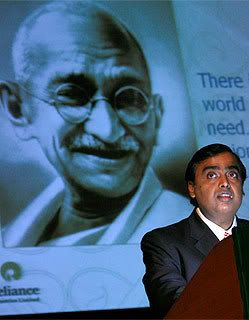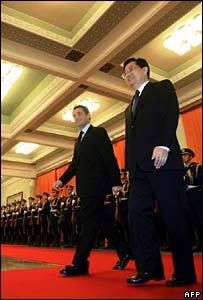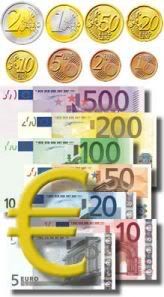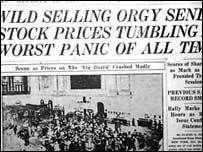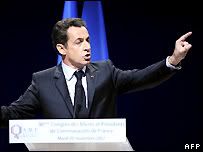CENTER FOR ISLAMIC ECONOMICS: Centuries of imperialistic rule has made the Muslims forget the basic message of Islam which emphasizes on following the Shari'ah guidelines in our Mu'amulat (routine dealing) and Mu'asharat (social system) with a similar zeal as we follow these rules in our Ibadaat (prayers).
This despicable situation has resulted in making the whole economic and social system of all the Muslim nations totally dependent on menaces like Riba or Interest which is clearly declared Haram (prohibited) in Islam.
Nevertheless, there seems to be a ray of hope, as there is an increasing desire of awareness among a considerable portion of Muslims in Pakistan and all over the Muslim world who realize that now its time to inculcate the teachings of Islam in their economic as well as social life. As a result of this noble desire, Islamic Banking & Finance has witnessed an exponential growth worldwide. Most of the leading banks throughout the globe have started offering Shari'ah compliant financial products & services to their customers.
Keeping into consideration the emerging importance of this field a need arises for an organized forum which on one had, equip the younger lot with the education of Islamic economics and on the other hand, train the professionals in the practical field so that they can switch their current day business practices on Shari'ah guidelines Centre for Islamic Economics (CIE), a division of Jamia Darul Uloom Karachi, looks forward to fulfill this need.
Centre for Islamic Economics (CIE) was founded on 22nd Safar 1413 i.e. 22nd August 1992 within premises of Masjid-e-Baitul Mukarrm, block-8, Gulshan-e-Iqbal, Karachi.
The basic rationale for setting up this institution is to propagate the guidelines of an Islamic Economics System by undertaking research to enable the economic, financial and banking activities in Pakistan and other Muslim countries to conform to Shari'ah and to extend training facilities to personnel engaged in economic development activities in the Muslim world. [Source: The Centre for Islamic Economics >>>]
Mark Alexander
